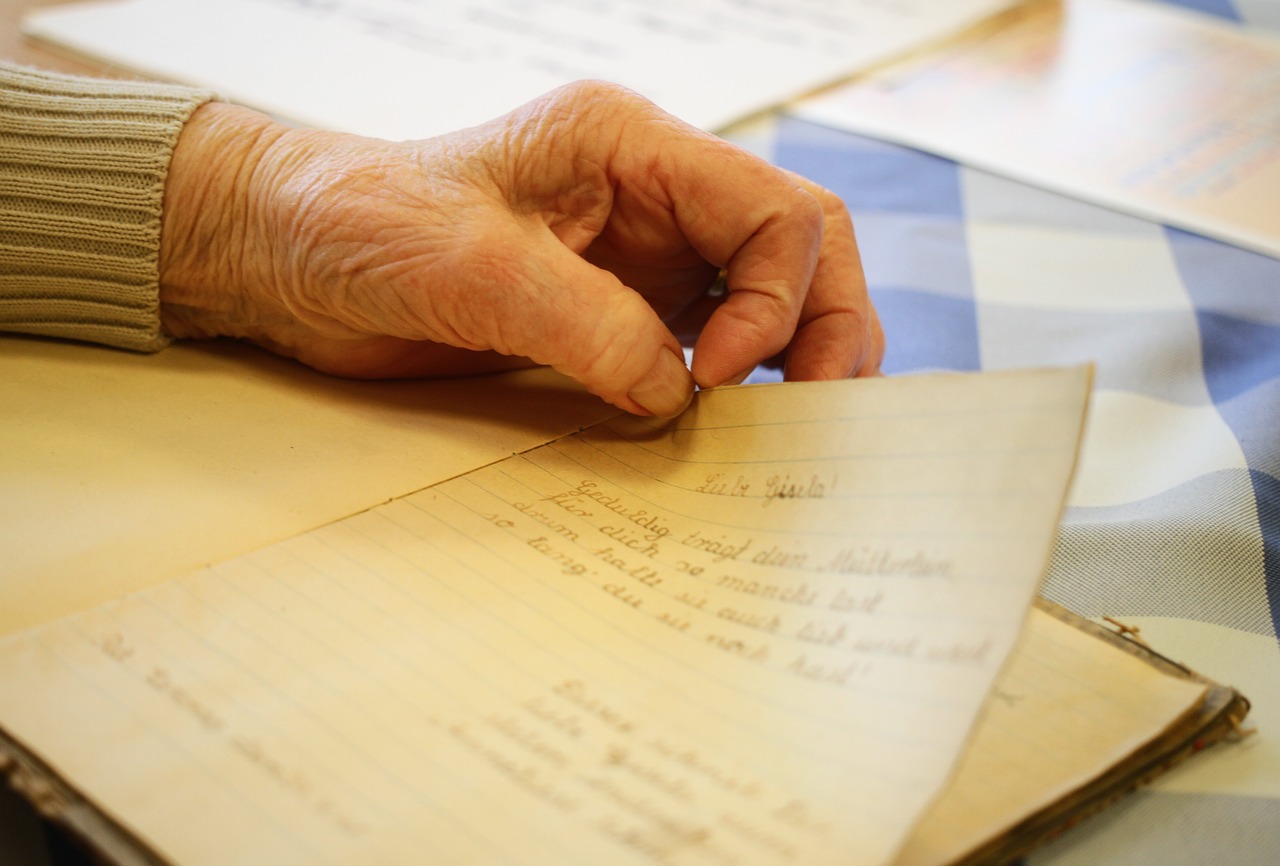In a world where mental health is often misunderstood, overlooked, or silenced, poetry has emerged as a powerful form of resistance. Poems about mental health struggles are not simply artistic expressions; they are vital acts of truth-telling. Through raw emotion, vivid imagery, and honest reflection, poets are challenging stigma and opening up space for difficult but necessary conversations.
The beauty of poetry lies in its ability to condense complex emotions into a few lines. When those lines are born from lived experiences with depression, anxiety, PTSD, or other mental health conditions, they become more than art—they become advocacy. By putting language to pain, poems about mental health struggles give voice to the silenced and make the invisible, visible.
The Personal Becomes Political
For many poets, writing is not just therapeutic—it’s a declaration of existence. Sharing poems about mental health struggles means sharing a part of the self that society often asks people to hide. This act of vulnerability becomes revolutionary in a world where mental illness is still shrouded in shame.
Mental health stigma thrives in silence. When people don’t talk about their experiences, myths and misunderstandings fill the void. But when poets write about the darkness they’ve endured, they shatter that silence. Readers who see their own battles reflected in these verses may finally feel understood, while others gain new empathy and awareness. Poetry, in this way, becomes both mirror and bridge.
These poems also reclaim the narrative around mental health. Instead of being portrayed as weak or broken, the poet emerges as strong, self-aware, and creative. They are not victims of their condition but artists transforming their reality into meaning.
A Universal Language for Internal Struggles
Poems about mental health struggles resonate deeply because they touch on emotions we all experience: fear, loneliness, hope, and the desire to be seen. While the specifics of each person’s journey may differ, the core feelings are universal. This allows mental health poetry to speak across cultural and generational lines.
Unlike clinical descriptions or textbooks, poetry humanizes mental illness. It does not define people by a diagnosis but captures the lived experience of it. A poem can say what a symptom list cannot: what it feels like to wake up with panic in your chest, to drown in a crowd of people, or to feel nothing at all. These emotional truths strike a chord that statistics never could.
When readers encounter these emotional insights in poems, their understanding of mental health expands. It becomes harder to judge what they’ve now seen from the inside. In this way, poems about mental health struggles subtly shift cultural perceptions and reduce the power of stigma.
From Solitude to Solidarity
Perhaps the most powerful impact of poems about mental health struggles is the sense of connection they foster. Mental illness often isolates those who live with it. Feelings of shame, fear of judgment, or inability to communicate what’s happening internally can leave people feeling utterly alone. Poetry cuts through that isolation.
When someone reads a line that echoes their own hidden thoughts, they are reminded that they are not the only one. That recognition can be life-changing. In fact, many people cite poetry as the first place where they saw their inner world reflected and validated. Whether in books, online platforms, or live readings, these poems create communities rooted in understanding.
Writers too experience healing through this exchange. Sharing a poem can be a way of releasing long-held pain and inviting others to bear witness to it. The feedback, connection, or even quiet knowing that someone out there relates, can feel like a form of solidarity. For both writer and reader, poems about mental health struggles become lifelines.
Rewriting the Narrative Through Art
Art has always played a role in social change, and mental health poetry is no exception. As more poets rise to speak about depression, anxiety, bipolar disorder, schizophrenia, and more, they contribute to a collective narrative that is richer and more inclusive than what the mainstream often portrays.
What was once hidden is now center stage. Open mics, poetry slams, and digital publications are filled with voices that refuse to stay silent. These artists do not wait for permission to tell their truths—they claim their space and, in doing so, inspire others to do the same.
As schools, therapists, and advocacy groups begin to recognize the value of creative expression, poems about mental health struggles are making their way into conversations about treatment and awareness. They are being used in workshops, support groups, and classrooms to foster dialogue and healing. The ripple effect is undeniable.
Final Thoughts: The Poetic Revolution of Honesty
In a world desperate for authenticity, poems about mental health struggles are acts of courage. They remind us that it’s okay not to be okay, and that speaking our truth can be one of the most powerful ways to heal—not just ourselves, but society at large.
Poetry is not a cure, but it is a tool—a way to cope, to connect, and to confront. As more writers choose to share their pain, they break the silence that stigma depends on. And with each brave poem, the world becomes just a little more honest, a little more understanding, and a lot more human.


